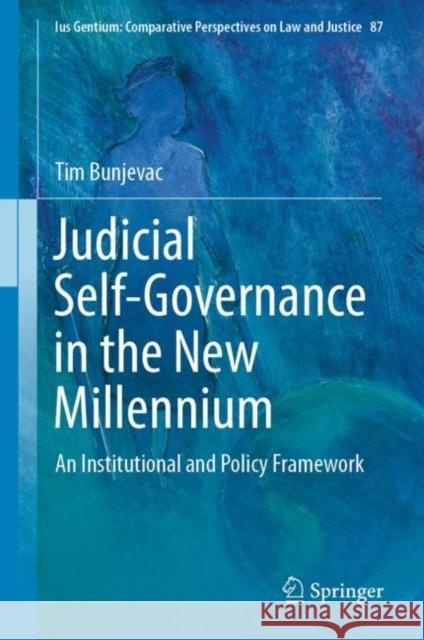Judicial Self-Governance in the New Millennium: An Institutional and Policy Framework » książka
topmenu
Judicial Self-Governance in the New Millennium: An Institutional and Policy Framework
ISBN-13: 9789813365056 / Angielski / Twarda / 2021 / 129 str.
Judicial Self-Governance in the New Millennium: An Institutional and Policy Framework
ISBN-13: 9789813365056 / Angielski / Twarda / 2021 / 129 str.
cena 201,24
(netto: 191,66 VAT: 5%)
Najniższa cena z 30 dni: 192,74
(netto: 191,66 VAT: 5%)
Najniższa cena z 30 dni: 192,74
Termin realizacji zamówienia:
ok. 22 dni roboczych.
ok. 22 dni roboczych.
Darmowa dostawa!
Kategorie:
Kategorie BISAC:
Wydawca:
Springer
Seria wydawnicza:
Język:
Angielski
ISBN-13:
9789813365056
Rok wydania:
2021
Wydanie:
2020
Numer serii:
000354656
Ilość stron:
129
Waga:
0.38 kg
Wymiary:
23.39 x 15.6 x 0.97
Oprawa:
Twarda
Wolumenów:
01
Dodatkowe informacje:
Wydanie ilustrowane











